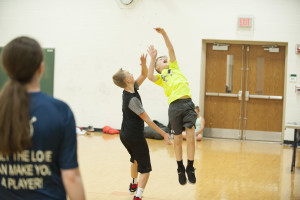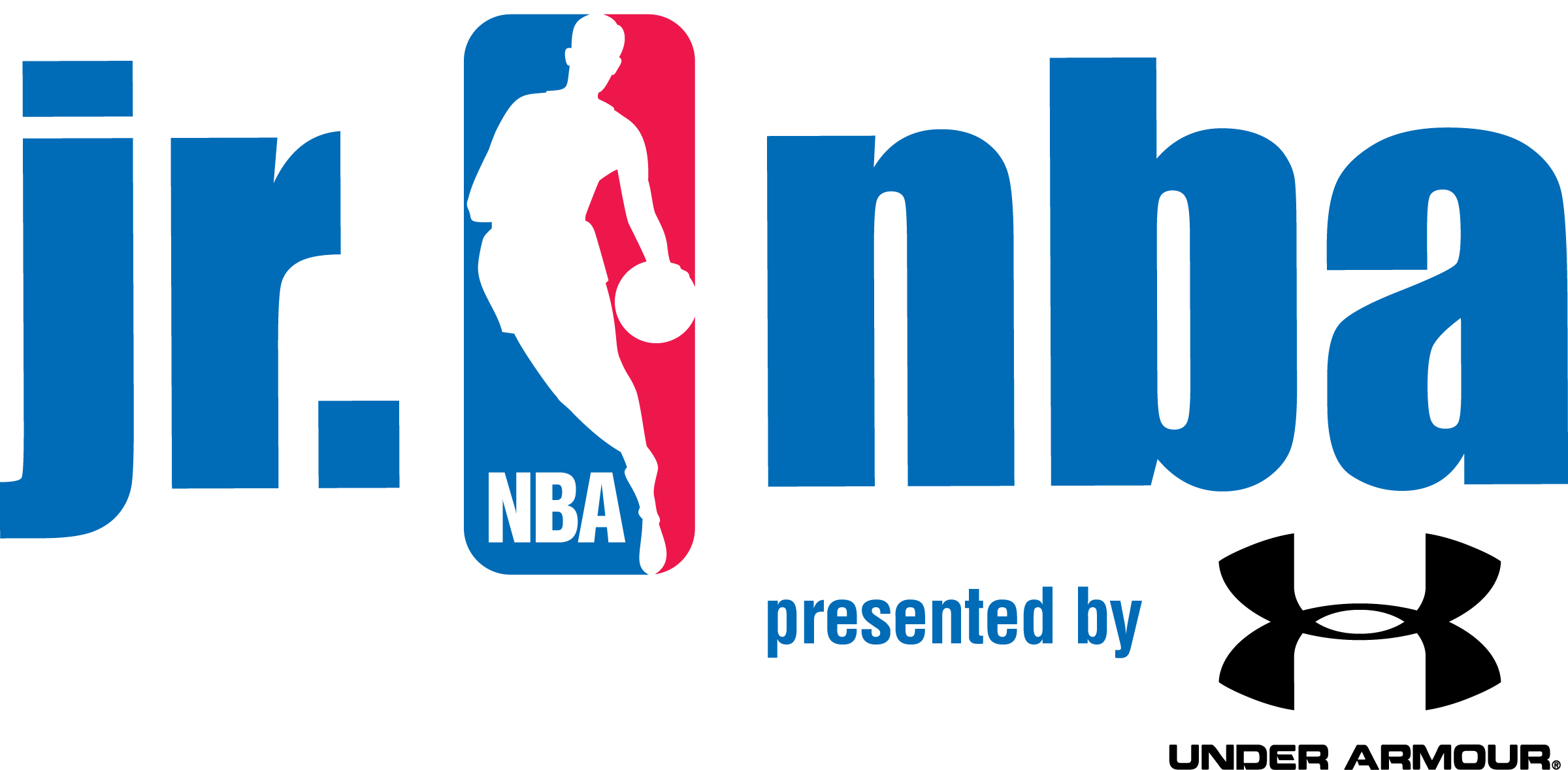
Basketball on the Edge – 4 Types of Mental Toughness That Are Required For Improved Performance

There are four types of mental toughness that can impact how well you play under different circumstances. Improving each type of mental toughness can unlock improved performance out on the court.
1. Big Moment Toughness
Are you able to use the pressure of the moment to focus yourself on the right things? A “clutch” player can be described as having Big Moment Toughness. This player wants the ball in their hands when the game is on the line. They are able to execute their plan and utilize all their skills when they are needed most. They tune out the crowd, the officials, the opponent, and are able to dial in to what they need to do in the Big Moment. They are ready and able to react to whatever game scenario may present itself. Michael Jordan is the ultimate basketball example of Big Moment Toughness.
2. Persistent Toughness
How willing are you to keep going when things get tough? A player with persistent toughness will show up for training or practice even when they don’t feel their best. They may have an off-shooting night and yet they still compete hard and try to help their team in other ways. The Persistently Tough player fights through fatigue during games and practices and keeps their energy level high. A player with Persistent Toughness focuses on the factors they can control like their effort, attitude, and focus. The Persistently Tough player understands that success is a process and may not happen overnight. Persistent Toughness is synonymous with grit. UConn Women’s Basketball Coach Geno Auriemma describes the difference between good players and great players in this 40 second video that makes clear why Persistent Toughness is so important.
3. Decision-Making Toughness
How willing are you to make mistakes and accept the responsibility when a decision you make on the court goes wrong? Confident players have Decision-Making Toughness. They are aggressive and know what they are capable of doing. A long pass? Is it open? What is the likelihood the pass will reach its target. A player with Decision-Making Toughness is able to read the situation and act accordingly. They are able to weigh the risk and reward of an action in real-time, instantaneously, and under pressure. Many times players who don’t play much will lack this Decision-Making Toughness. They play tentatively, afraid to make a mistake. These players are playing not to lose and often they do NOTHING on the court out of the fear that doing SOMETHING will lead to a mistake that gets them pulled from the game. Players with Decision-Making Toughness play to win.
4. Resilient Toughness
How do you deal with setbacks, problems, and challenges? Players with Resilient Toughness remain confident even in the face of a setback. Down fifteen points at the half? We can come back to win. Shot 1 for 8 in the last game? I’m due for a big night tonight. Turned the ball over a few times against the press? I’m going to change my approach and attack the press. The player with Resilient Toughness bounces back quickly when something goes wrong. Develop a ritual to help you bounce back and refocus. Take a deep breath or two, count backwards from 5, give yourself a tap on the head. A player with Resilient Toughness learns from challenges and comes back stronger the next time. Their confidence is not shaken. They know that the next time they are in that same situation they’ll be better prepared to come out on top.


